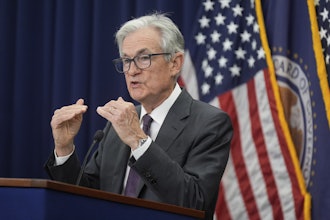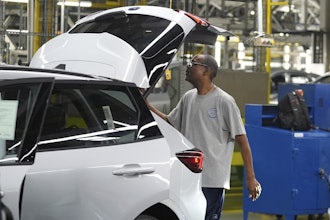While Elon Musk might have spent the beginning of his year flying high on the success of SpaceX, the daunting tasks of meeting Model 3 backorders probably brought him back to earth pretty quickly.
According to Bloomberg’s specially formulated tracking site, Tesla is producing just under 900 Model 3s/week. While this remains far behind the promised 5,000 vehicles/week goal, it is allowing for customer feedback to trickle in on the roughly 10,000 Model 3s currently on the road.
While the forums are fairly mixed, the collective is that the Model 3 is off to a good start that will hopefully get better. A report published in a prominent German newspaper reported that a major German car company was able to obtain a Model 3 and put it through a gauntlet of tests. Their takeaways were primarily positive, citing the benefits of the compact and modular engineering, as well as the surprising level of passenger comfort for a vehicle of this size.
Taking a different tone was Auburn Hills, Michigan-based Munro & Associates. They compared the Model 3 to the poor production quality of a 1990s Kia, citing inconsistent gapping and overall poor assembly. While neither are make or break for Tesla, the company can use all the positive promotion it can get, as an extremely important milestone is rapidly approaching.
According to estimates, Tesla will sell its 200,000th electric car in the U.S. sometime this year. An SEC filing states that when that happens the current $7,500 federal tax credit will remain in place only for the rest of that fiscal quarter, as well as the next.
The amount of the tax credit will then be cut in half for the following six months, and then halved again for six months before completely disappearing.
So it’s possible that by October 2019 Tesla’s tax credit will be gone. This probably won’t impact sales of the higher priced S, X and Roadster models, but could play a key role in Model 3 sales, and the affiliated production strategies.
While the exact number of Model 3s on backorder is not known, those owners are hoping Tesla can continue to ramp up production before one of their key buying incentives disappears.






















